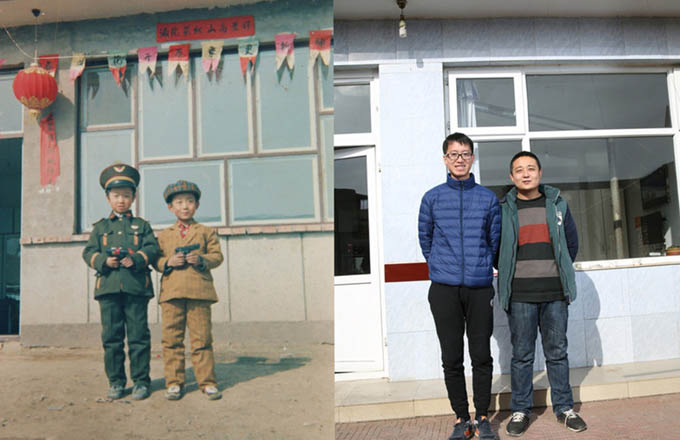'Ecosystem' plays pivotal role in city's IT success

|
A bird's eye view of the Chengdu Tianfu Software Park. The city has cashed in on its huge talent pool to develop its high-tech industry, and has become a major software industry hub in China. [Photo/China Daily] |
Li Jianfan, general manager of Teleca (China), often feels that he is in the epicenter of China's software service industry.
The Chengdu branch of Huawei Technologies Co Ltd is next door to his company. Across the street is the ZTE Corp building. Both Huawei and ZTE are emerging global cellphone giants.
Li also routinely meets his clients and managers from the same industry in the numerous salons and conferences held within the Chengdu Hi-tech Zone.
Teleca is a supplier of software solutions and engineering services to the mobile industry. Originally from Sweden, it now has more than 2,000 employees in 11 countries worldwide. Its clients are cellphone brands such as Nokia Corp, Sony Mobile Communications AB (formerly Sony Ericsson), Microsoft Corp and Motorola Mobility LLC.
In 2005, Nokia, one of Teleca (China)'s major clients, decided to open its regional headquarters in Chengdu's Tianfu Software Park. Teleca (China) followed Nokia to Chengdu.
"As a software service provider, we have to be where our clients are," Li said.
Like Teleca (China), thousands of companies have followed their main clients to Chengdu, capital of Sichuan province. Chengdu is now home to 234 Fortune 500 companies. In the IT sector alone, the world's largest multinationals such as Intel Inc, Dell Inc, Lenovo Group Ltd, Foxconn Technology Group, Compal Electronics Inc and Wistron Corp have set up their operation in the city.
Li said that after he moved in, he came to realize that Chengdu was the perfect choice for his company. Numerous colleges and universities in Chengdu produce thousands of skilled and relatively cheaper employees every year. Li estimated the worker cost in his industry is 20 to 25 percent of workers in Beijing and Shanghai.
Besides, as Chengdu grew to be a major software industry hub in China and the multinationals there matured, they cultivated many experienced software engineers and managers, which could be hired by Li's company.
Xiong Jie, a manager of ThoughtWorks, a software outsourcing company, also feels the benefit of Chengdu's quality talent pool.
"Thirty-five out of 50 employees we currently have are from Chengdu. They are intelligent and diligent," said Xiong. He himself was attracted to Chengdu after working in a Beijing software company for several years.
Both Xiong and Li said they are grateful to the zone's effort to organize collective hiring program. With just a few thousand yuan, their companies could join campus recruiting as well as fly to Beijing, Shanghai and Shenzhen to hire workers. Organizing their own campus hiring campaign individually could cost them much more money.
Xiong and a number of IT companies China Daily interviewed said being in the "ecosystem" is very important for them, so much so that it is like breathing air.
"They (my colleagues) can talk to each other. They can communicate with each other. They can learn from each other," Xiong said.
"The zone organizes communication events every week. For example, in the mobile tech conference, we can easily talk to people in Tecent."
For Xiong, another important reason for him to select Chengdu was its visionary officials.
"Before we decided (to move into Chengdu), we talked to the officials of Chengdu, as well as other cities. I figured out that they (Chengdu officials) have a vision of the global economy and the IT industry. They understand how to encourage enterprises to be innovative."
Li said his next goal is to develop domestic cellphone giants such as ZTE and Huawei to be his clients. Those companies' fast growth could boost his business.
"They are so close to us. I think we can grow together," Li said.
Contact the writers at zhengyangpeng@chinadaily.com.cn and liyu@chinadaily.com.cn
























